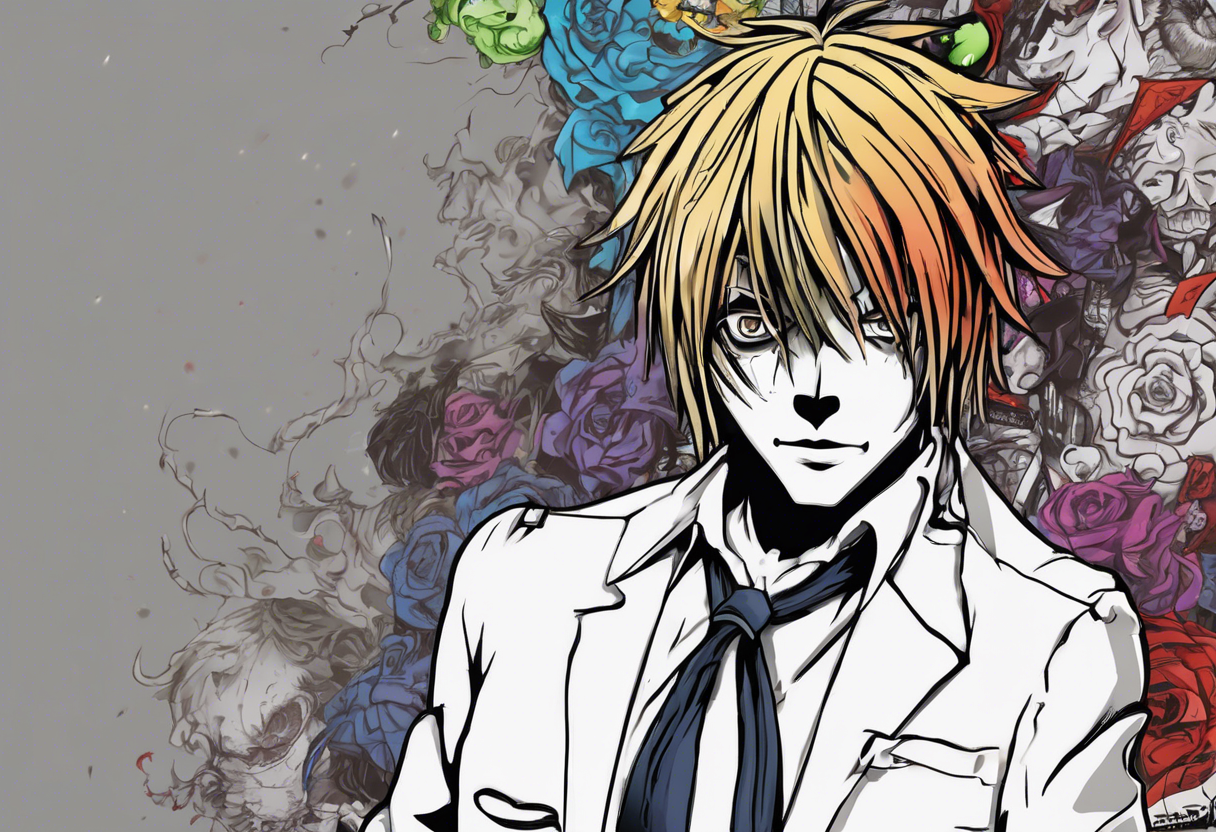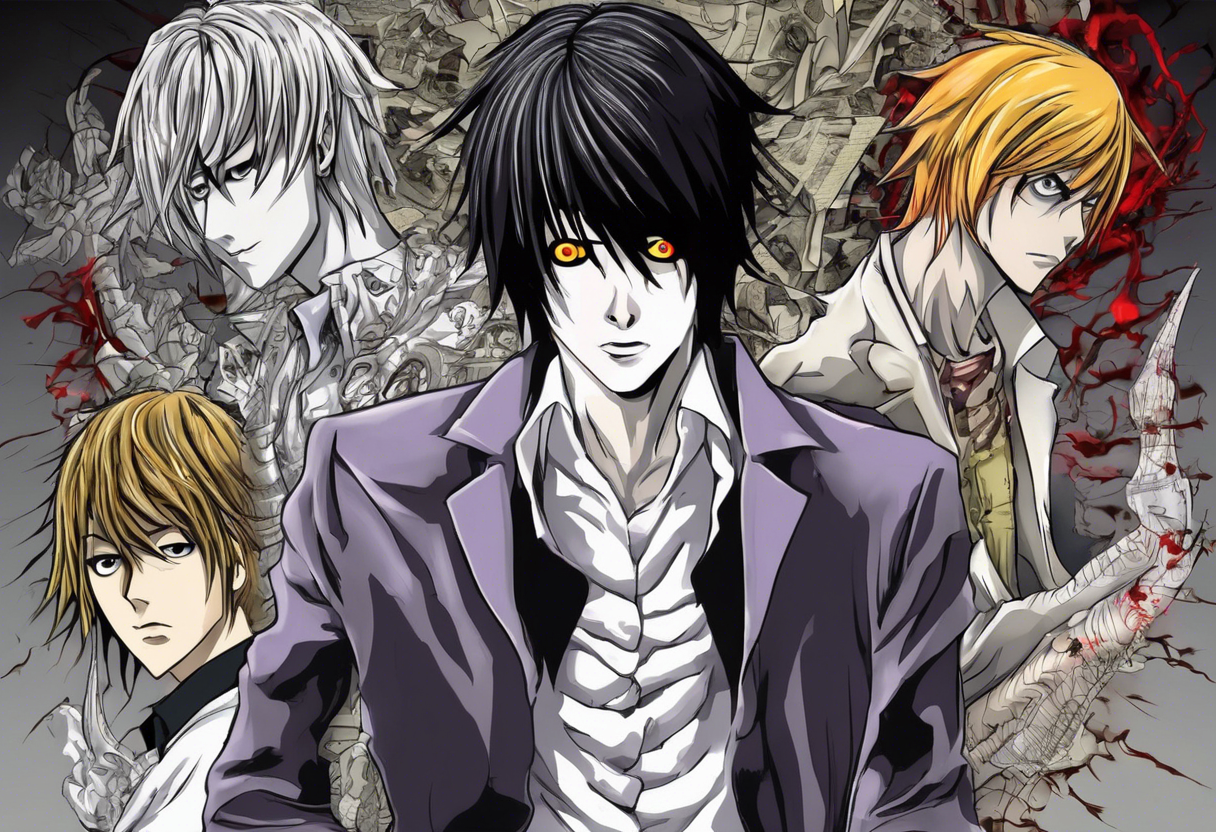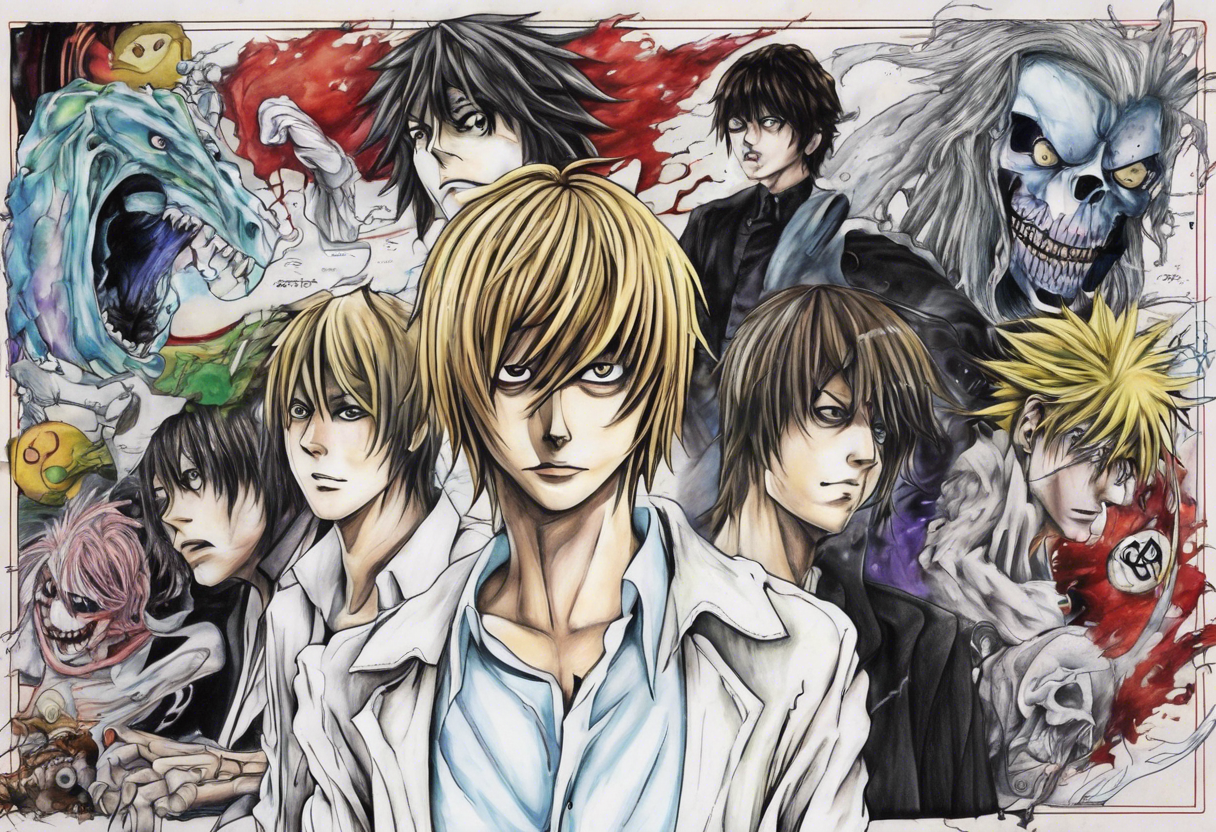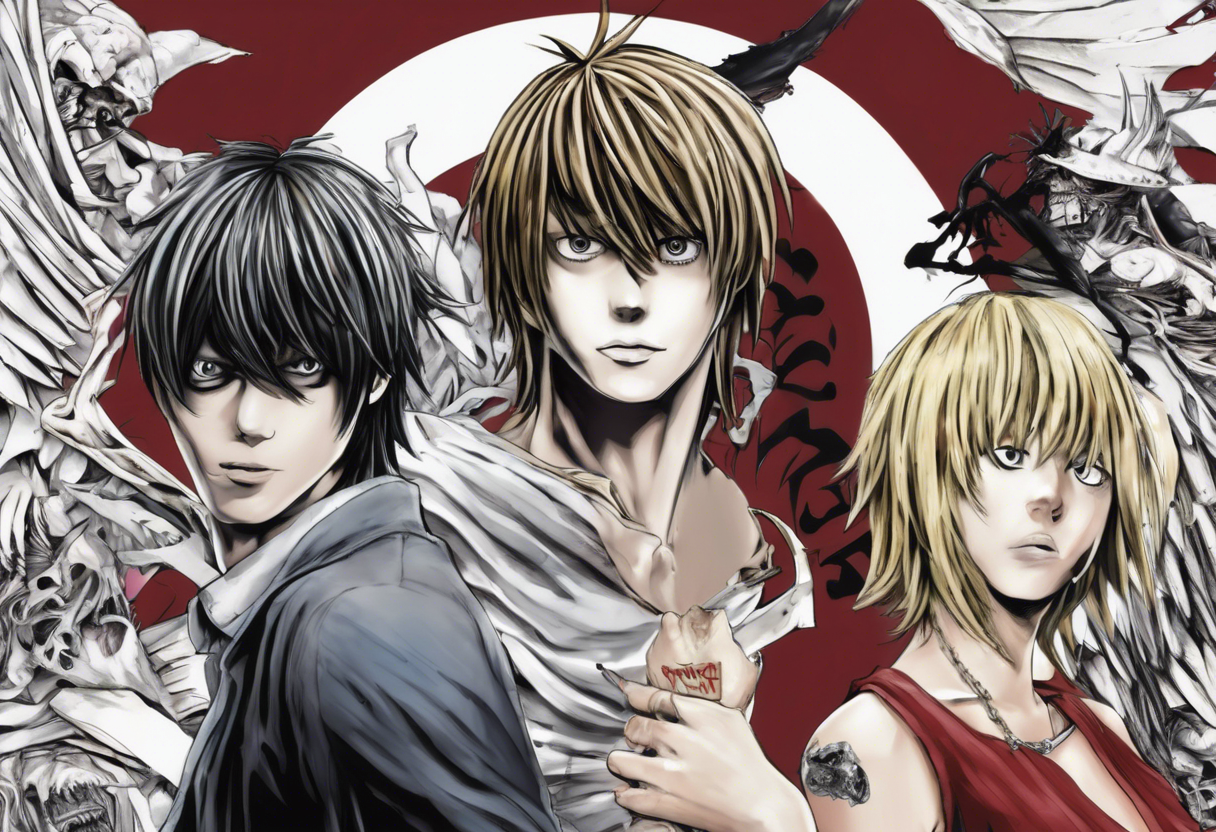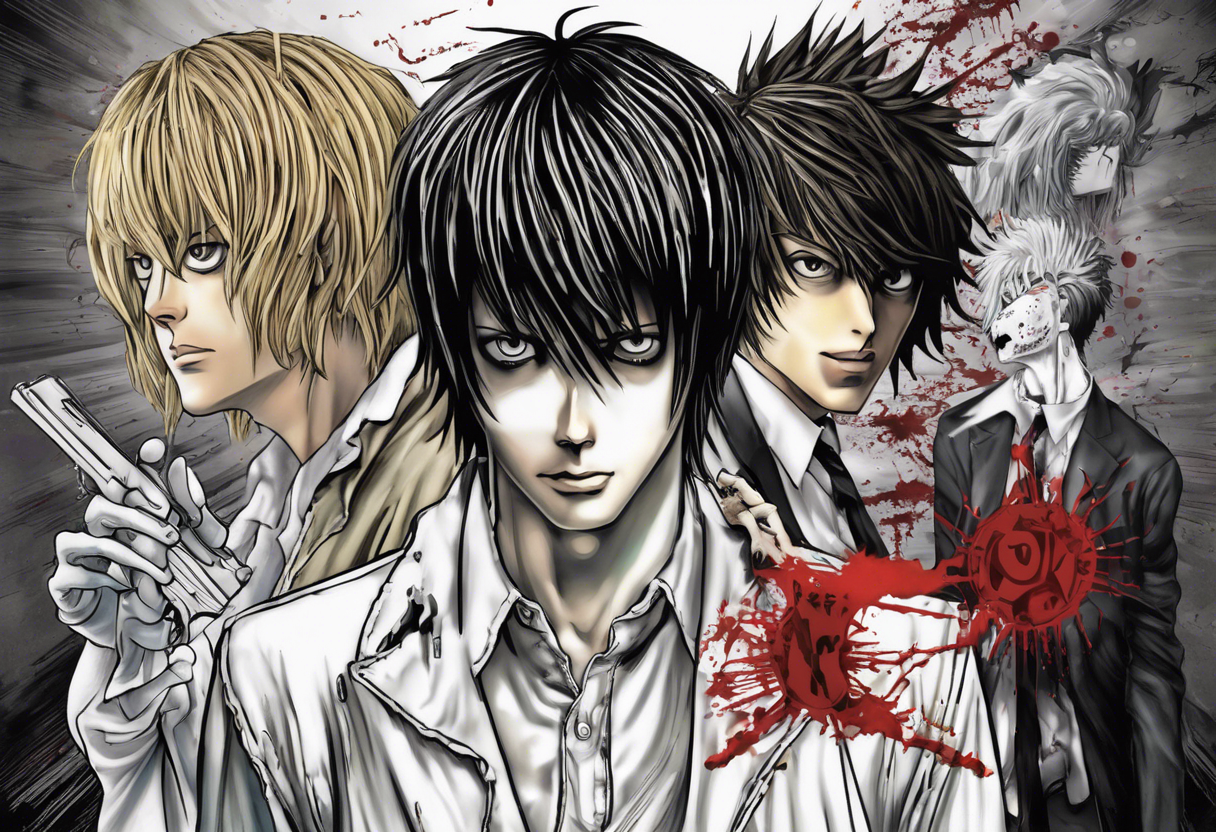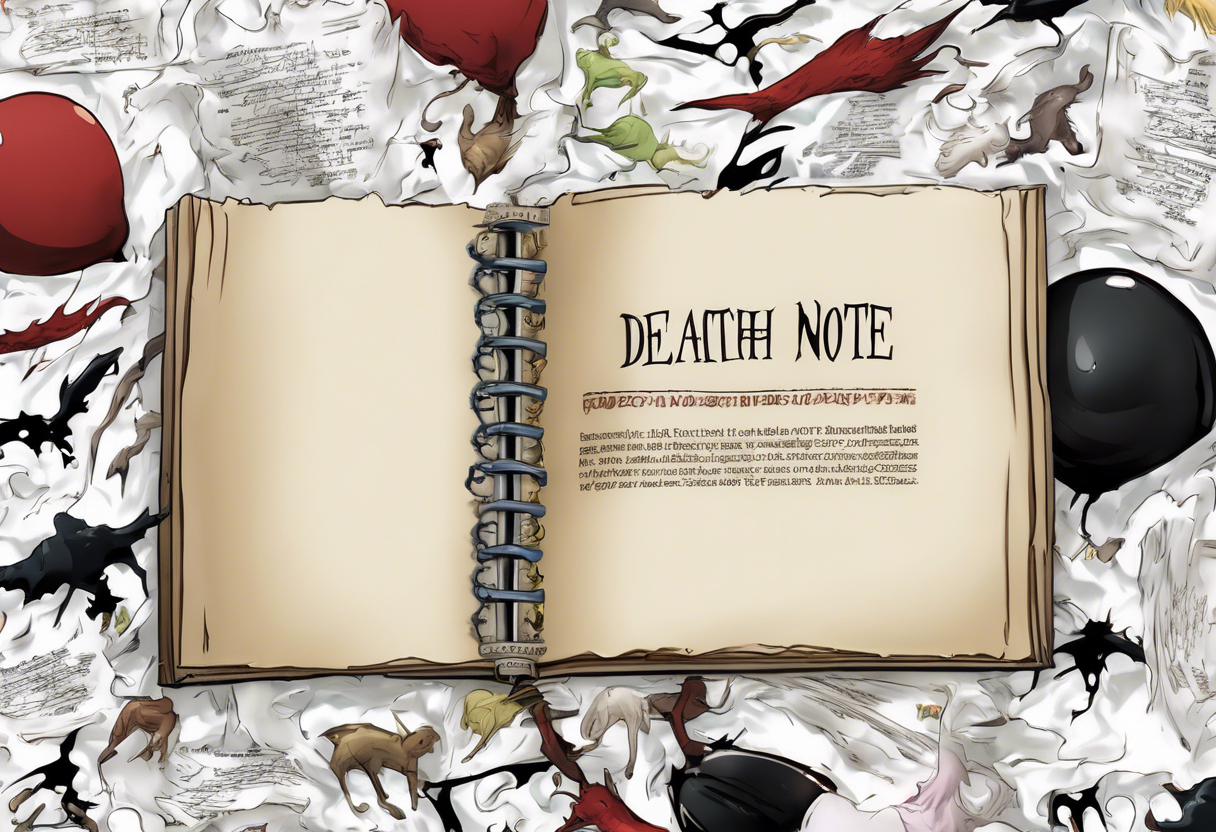Contents
Introduction
"Transfer" is the 31st episode of the anime series Death Note, a psychological thriller based on the manga by Tsugumi Ohba and illustrated by Takeshi Obata. The episode is part of the larger narrative that explores the cat-and-mouse game between Light Yagami, a genius high school student who possesses the Death Note, and the enigmatic detective known as L, later succeeded by Near.
The Death Note anime series was directed by Tetsurō Araki and animated by Madhouse, with the script written by Toshiki Inoue. The series began airing on Nippon TV on October 4, 2006, and concluded on June 27, 2007, totaling 37 episodes. "Transfer" specifically aired on May 15, 2007[2][5].
What sets Death Note apart, including the episode "Transfer," is its intricate plot, deep character development, and the philosophical themes it explores. The series delves into the consequences of absolute power, morality, and the nature of justice, making it a standout in the anime genre.
Plot Summary
In "Transfer," the narrative continues the complex web of strategies and counter-strategies between Light Yagami, now known as Kira, and the investigative team led by Near. The episode begins with Near escaping a mob attack, a testament to the escalating danger and complexity of the investigation.
Light, determined to stay ahead of his pursuers, creates a fourth Kira to further confuse and mislead the investigators. This involves manipulating Teru Mikami, a fervent supporter of Kira, to become the new proxy. Light’s plan is to use Mikami to kill those who are getting close to the truth, thereby protecting his own identity and continuing his crusade against what he deems as evil[3][5].
The episode also delves into the psychological games played between Light and Near. Near, aware of Light’s tactics, is cautious but determined to uncover the truth. The episode highlights the intellectual battle between these two characters, each trying to outmaneuver the other.
Themes and Symbolism
"Transfer" and the broader Death Note series explore several central themes that add depth to the narrative. One of the primary themes is the concept of justice and morality. Light’s use of the Death Note to kill criminals, which he believes will create a better world, raises questions about the nature of justice and whether it is right for one person to decide who lives or dies[1][2].
Another significant theme is the corrupting influence of power. Light’s possession of the Death Note and his subsequent actions illustrate how absolute power can lead to a descent into madness and a loss of moral compass. This theme is symbolically represented through the character of Ryuk, the Shinigami who dropped the Death Note in the human world, highlighting the dangers of unchecked power and the consequences of playing god.
The episode also touches on the theme of identity and deception. Light’s creation of multiple Kiras and his manipulation of others to do his bidding reflect the complexity of identity and how easily it can be masked or altered. This theme is symbolized through the use of pseudonyms and disguises, emphasizing the fluidity of identity in the pursuit of power and survival.
Cultural Impact
Death Note, including the episode "Transfer," has had a significant cultural impact since its release. The series was widely acclaimed for its intricate plot, well-developed characters, and philosophical themes. It was one of the first anime series to be made legally available in the United States for download while it was still airing in Japan, marking a significant milestone in the distribution of anime content globally[2].
The series has influenced popular culture, with references in various forms of media, including films, TV shows, and other anime series. The concept of the Death Note has become a cultural icon, symbolizing the idea of absolute power and its consequences.
Critical Reception
"Transfer" and the Death Note series as a whole received positive critical reception upon its release. Critics praised the series for its engaging storyline, complex characters, and the moral dilemmas it presented. The series was noted for its suspenseful atmosphere and the intellectual battle between Light and L/Near, which kept viewers engaged and guessing until the end[2][5].
However, some critics noted that the series suffered from a decline in quality in its later episodes, feeling that the introduction of new characters and plot twists made the narrative less cohesive. Despite this, the series remains highly regarded for its overall impact and contribution to the anime genre.
Legacy
The Death Note series, including the episode "Transfer," continues to be relevant and influential in the world of anime and beyond. It has inspired numerous adaptations, including live-action films, stage plays, and video games. The series’ themes of justice, morality, and the dangers of unchecked power continue to resonate with audiences, making it a timeless classic in the anime genre.
The intellectual and philosophical depth of Death Note has also made it a subject of academic study, with scholars analyzing its themes and symbolism in the context of broader cultural and philosophical discussions. The series’ impact on popular culture is evident in its enduring popularity and the continued interest in its complex characters and storyline.

